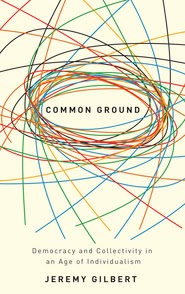From the comic Undiscovered Country
If one looks at the Executive Orders passed by Trump in the first week of his second presidency, and manages to look past the horror, one can see their utter consistency in terms of their vision of government, history, and society. This consistency makes up a universe, what could be called the Fox News Extended Universe. In this universe undocumented immigrants, or "illegals" as they are called, are illegal through and through, the laws they broke to get or stay in this country puts them outside of any law. They can only be harbingers of crime. In this universe DEI, or really any attempt to address this country's history of racism since the civil rights act, can only be understood as racism. To mention race is to divide by race, and the true victims of this racism are the white men and women who have lost jobs, or at least social standing, by having to treat others as equals. In this universe, public health can only be a secret grab for power, and the CDC, WHO, etc., are nefarious tools of domination. In this universe the federal government spends too much money on foreign countries, pointless research, and, as The Simpsons put it the "perverted arts."



















